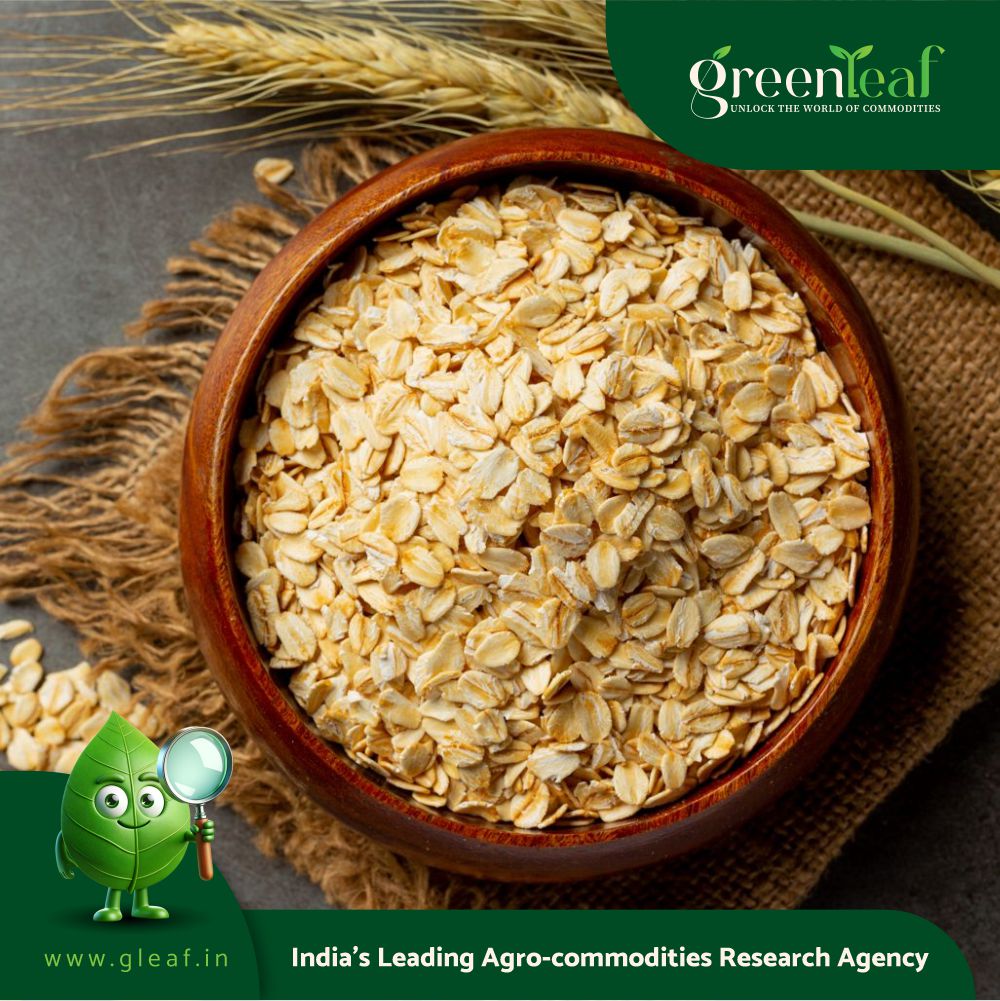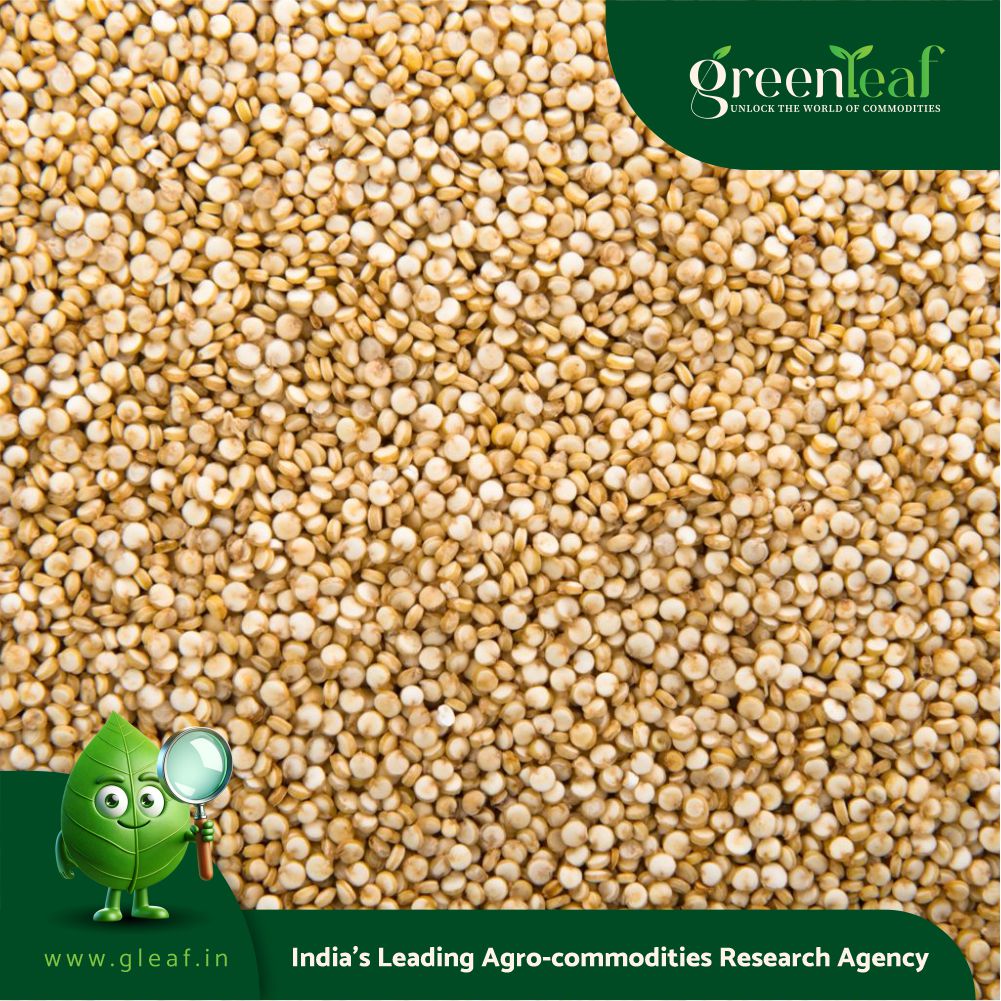Raipur: Manufactured in Jashpur, a small town in North Chhattisgarh, millet-based energy bar cookies and products like 'Buckwheat Pasta' and 'Mahua Ladoo' are gaining popularity in the Indian market and
are now all set to expand to international markets including Singapore,
Belgium, and Germany.
The products are manufactured using the process
and formulations developed by tribal women of local farmers producer company
and modern technology.
These products are manufactured in Jashpur by
self-help groups of women under the supervision of the district administration
and marketed under a single brand ‘Jashpure’. They are already a hit in the
Indian market and are planning to go beyond.
"We have sent samples of our products like
Buckwheat Pasta, Mahua Ladoo, mahua energy powder, which are being manufactured
locally by SHG women to Singapore, Belgium and Germany. We are in the process
of collecting feedback from the international markets for now and are hopeful
of a positive result. We have plans to export mahua-based supplements and
buckwheat pasta to international markets. We are exploring markets and are in
initial discussions with companies who will import," said Jashpur district
collector Dr Ravi Mittal.
The National Institute of Food Technology,
Entrepreneurship and Management (NIFTEM) has transferred two technologies for
manufacturing energy bar cookies using malted foxtail millet and lentils and
protein-rich granola bars to the department of Agriculture, Jashpur.
The district collector described it as a big
achievement for Jashpur district. He said that manufacturing energy bar cookies
using millet and protein-rich granule bars will increase the income of women
self-help groups and act as a very important link in the fight against
malnutrition in the state.
Though the technology has been provided to
Jashpur five years back, the commissioning of a recent technology to add Mahua
and millets to the products is new.
"We cannot share the cost in public as
NIFTEM has decreased the cost and asked us not to reveal it, as it will impact
their standard business of tech transfer, which is a practice in the trade
secret. Five women will be at Sonipat NIFTEM from 28 April till May two to
learn the process and technology," The spokesperson for the company said.
Manufacturing costs for energy bars vary based
on the type, with prices ranging from Rs 5-25, including normal and
protein-enhanced bars. "Quality control protocols will be
maintained," as stated by the spokesperson, "similar to the current
standards followed for Mahua ladoos, energy cookies, and mahua pachak."
The production will take place at the Jashpur Mahua Centre of Excellence, a
specialized facility for mahua and millets, scheduled to commence operations
within the next month.
"Currently, we are manufacturing at
Districts Mantha Food Processing Centre," confirmed the spokesperson,
"with the assistance of trained members from Jai Jungle Farmers Producer
Company." The employment opportunities are abundant, especially in the
mahua sector, where the collection of food-grade mahua alone provides a
substantial income for mahua gathering farmers.
This process also saves them valuable time,
allowing them to receive nearly double the price of standard
mahua."Incorporating millets into our products is a strategic move,
considering that most farmers are currently not cultivating millets due to market
challenges," explained the spokesperson.
"We have established partnerships with 150
farmers for millet cultivation and procurement. Following the harvest,
particularly for these two products, we anticipate the active participation of
tribal women in the production of cookies and energy bars."
“Given the high marketing costs involved, we are
currently focusing on the premium segment," the spokesperson explained.
“It has only been 5-6 months since the launch of these products, during which
we have conducted stall activities to gather feedback and enhance brand
visibility. Over 40 stalls have been established in cities like Mumbai and
Pune, as well as in corporate offices and prestigious institutes such as
IITs." he added.
We are distributing our products nationwide through our website and
various online platforms," confirmed the spokesperson.
Two classes are being targeted by the company. The
first class consists of premium products that are entirely crafted using
natural ingredients. The second class involves custom manufacturing for
companies. The company supplies mahua ladoo and millet based pasta to a few
smaller companies. The spokesperson emphasized, "We are not focusing on
the general market currently due to the high marketing costs that would be
burdensome for any FPC or SHG."
In Jashpur, around 12000-15000 quintals of
mahua are produced.
"Yes, of course. Instead of leaning towards
liquor, we should prioritize exploring the nutritional benefits of mahua. The
mahua flower stands out as an incredibly significant and affordable source of
multivitamins and energy. By leveraging this aspect, we have the potential to
lead a significant revolution in addressing nutritional deficiencies and
combating malnutrition more effectively. Regarding liquor, numerous
inexpensive, yet nutritionally lacking products could be emphasized,"
expressed the district collector while replying to mahua being one of the major
ingredients for making liquor.
The exploration of mahua as a multivitamin is a recent development in various regions. However, since it has not been extensively researched, the demand from a food perspective remains to be explored.
















